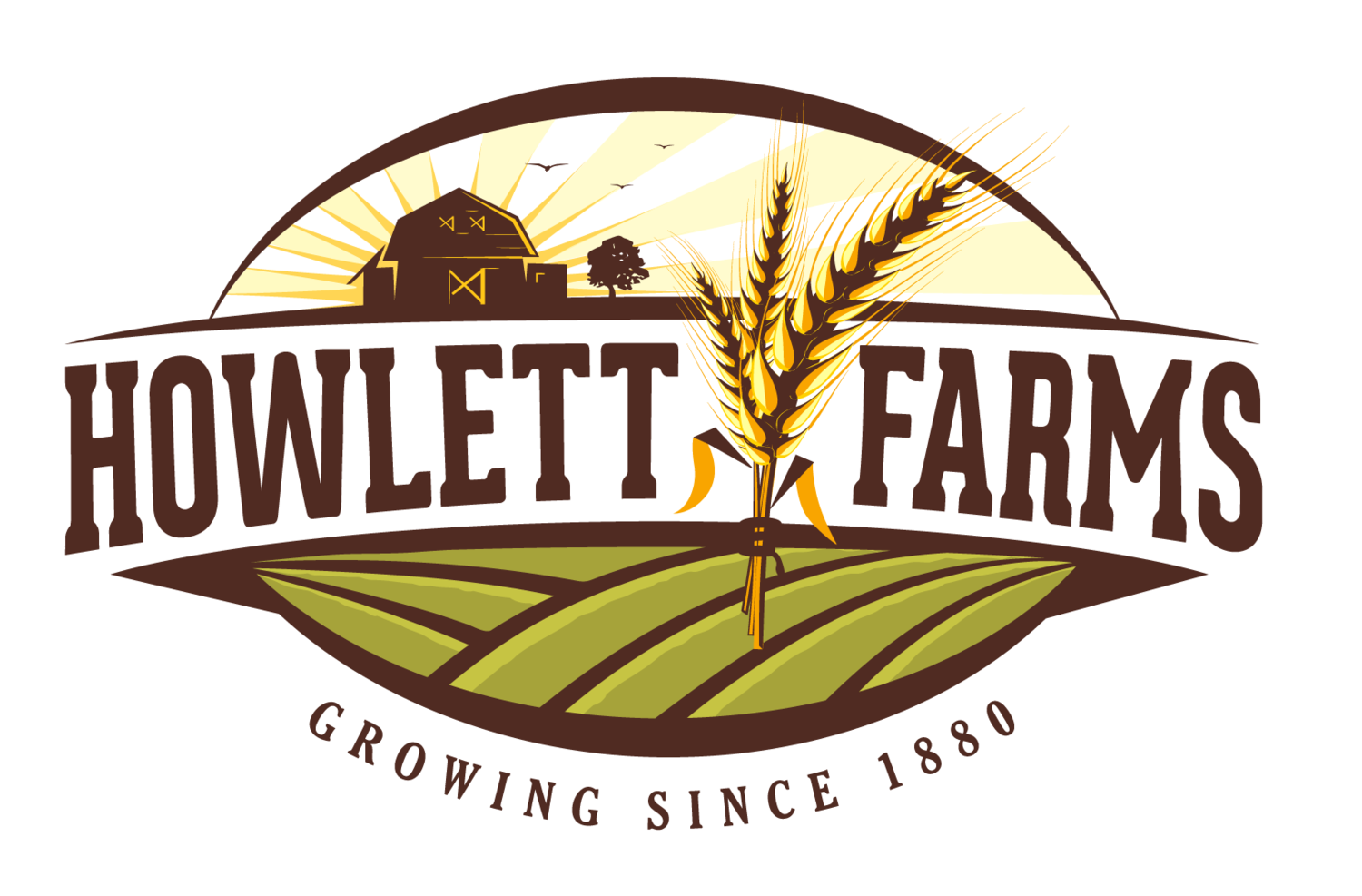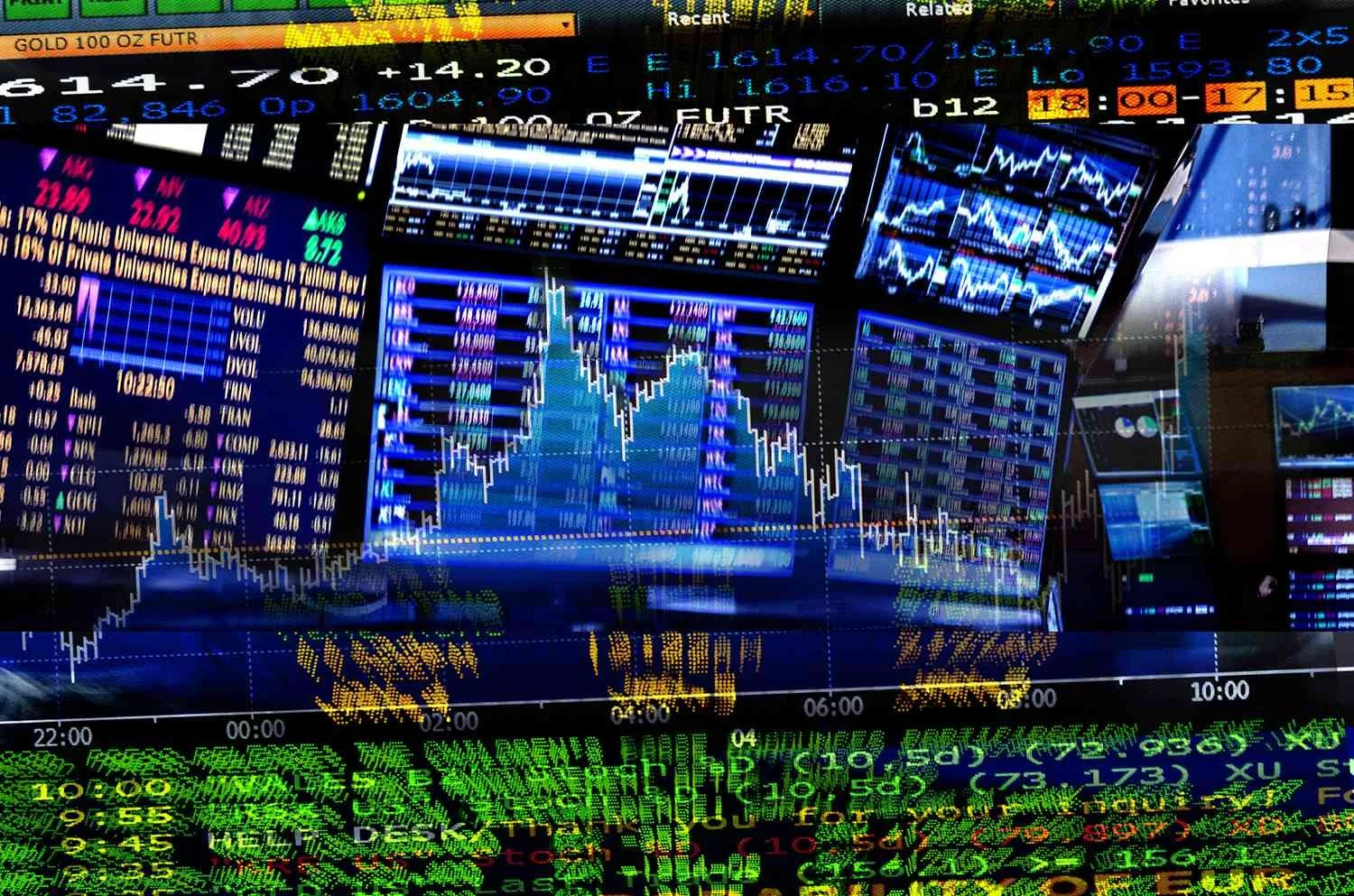Buy high, sell low.
Yes, you read that right. Buy high. Sell low. That’s our aim. Howlett Farms remains price neutral in all of our transactions, whether buying or selling. Howlett Farms hedges every contract, and never speculates on price, nor claims to know when the CME will go up or down. Our goal is to pay the highest price possible to producers, and sell at the lowest price possible to end-users. This way, we can facilitate an agricultural economy that is mutually beneficial for all parties and promotes growth of our agricultural community. Here’s a little bit more about how we do that.
What is Hedging?
Grain hedging is a risk management strategy utilized by grain traders and end-users to protect themselves against price fluctuations in the grain market. By engaging in hedging, end-users can secure a predictable and stable price for their grain, while traders can safeguard their investments. The process involves using futures contracts, options, or other derivative instruments to establish a fixed price for future grain delivery. Farmers typically enter into forward contracts to sell their grain at a predetermined price, ensuring they will receive a fair value at harvest time, or any other shipment time they desire. Simultaneously, grain traders enter into the equal and opposite off-setting position at the Chicago Mercantile Exchange to remain price neutral in the marketplace. Similarly, end-users can enter into futures contracts to purchase grain at a set price, shielding themselves from potential price increases. This financial tool allows both parties to mitigate the uncertainty posed by market volatility and maintain a level of stability in their agricultural operations.
Who are “Speculators”?
Speculative Traders play a significant role in the agricultural market, particularly in the trading of grains, however generally never take or make delivery of the physical commodity. These “paper traders”, often experienced traders or investors such as hedge funds or portfolio managers, engage in buying and selling grain futures contracts with the aim of profiting from fluctuations in grain prices. Grain speculators use their knowledge of market trends, supply and demand dynamics, and weather patterns to make informed trading decisions. While some may argue that they exacerbate price volatility and contribute to market unpredictability, others highlight their crucial role in providing liquidity to the market and facilitating effective risk management for farmers and end-users. Nonetheless, grain speculators remain a polarizing presence in the agricultural industry, being both criticized and valued for their influence on grain prices and market stability.
How does the CME work?
The Chicago Mercantile Exchange, commonly referred to as CME, is a leading global derivatives marketplace where a wide array of financial products are traded. Operating on a vast electronic platform, the CME facilitates trading in numerous futures and options contracts. These contracts cover commodities such as agriculture, energy, and metals, as well as interest rates, equity indexes, and foreign exchange. Traders on the CME platform can engage in buying or selling contracts, taking advantage of price movements with the goal of profiting from market shifts. The exchange works by matching buyers with sellers, with every transaction cleared and settled meticulously. The CME's robust and reliable infrastructure ensures an efficient marketplace, enhancing the liquidity and risk management capabilities for participants. The exchange is known for its transparent and regulated trading environment, attracting market participants from around the globe to participate in the dynamic process of price discovery and risk management.



